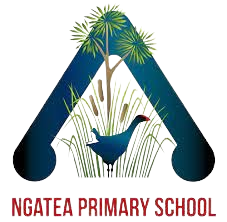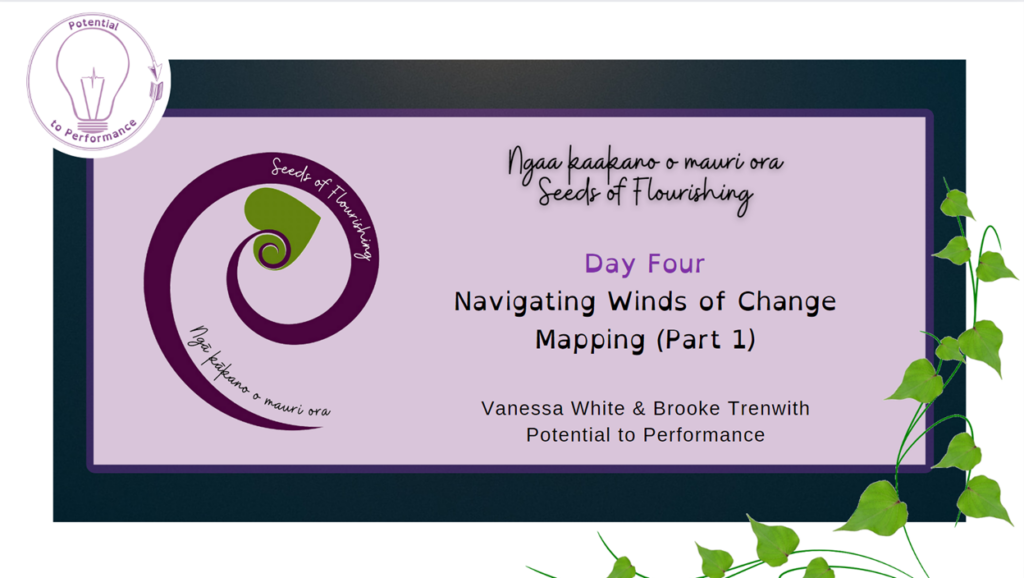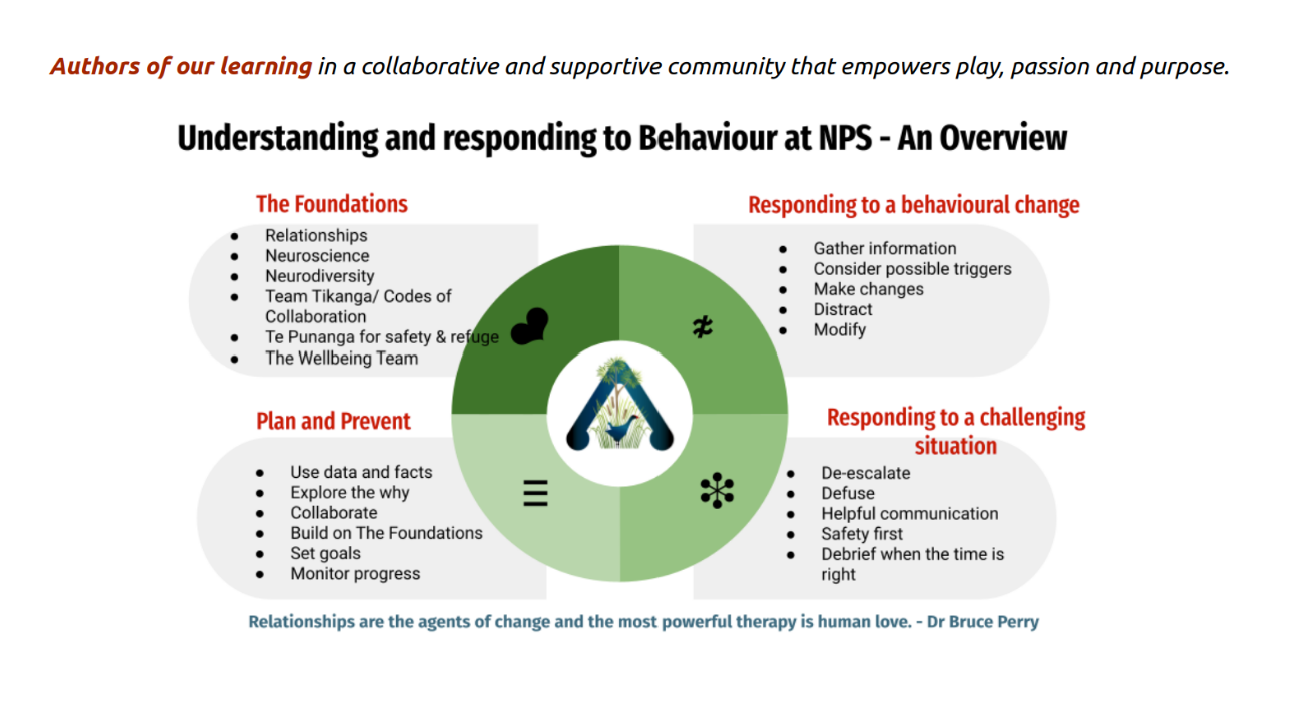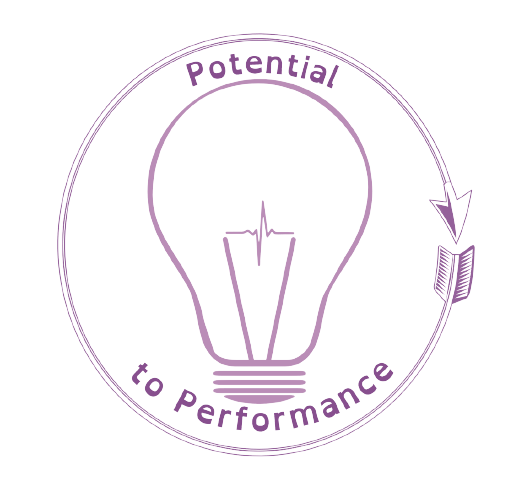Guest Blog by Neil Fraser, Principal

The Challenge
We had a growing number of students displaying a lack of self-regulation strategies and social skills, and self-harming. Gradually we had more and more teachers outside the classrooms mentoring and supporting students from New Entrant to Year 8.
Along with addressing these needs our students were displaying, 72 students were stood down/ suspended in our cluster (2021). There was a severe lack of support from the MoE Learning Support, and other MoE agencies – and our school did not qualify for the Counselling in Schools programme.
“The system was broken” – until we realised that we were part of the system. We then looked internally at our own processes, programmes, budgets, and allocation of staff (teachers and learning support staff) – and soon realised that we not only had the ability and resources to better support our students but also the responsibility.
The Approach
When we looked internally at our approaches and resources (finances and staffing), we soon realised that it was within our ability to better support students signalling for help in so many ways.
Soon, “School should meet/ embrace the needs of our students, and not the students meet the needs of the school” no longer became a phrase on paper, but rather, gradually, became a footprint of the changes we were to embark on since the realisation that we (Ngātea Primary School) had a massive part to play in the “system.”
We realised that we had to better understand the needs of our students through research, readings, visiting schools, and professional learning. We had a lot to unlearn for us to embrace what we named “Trauma Healing Practices”. And we started looking at:
- Neurodiversity – a workshop on sensory processing and cognitive differences.
- Geelong Grammar School (Victoria) – unpacking their well-being Framework.
- Nathan Wallis – Impact of neurodiversity, trauma had on the development of the brain.
- Jase Williams – a group of our staff from Kerepehi School went to visit Jase – it was a humbling & inspiring experience.
- John Channer (Fraser Crescent School) & Lynda Knight-de Blois (Glenview School) – A trip to Wellington to view the work they were doing in their communities.
- And lots and lots of readings, online videos, podcasts, etc…
And slowly things started to fall into place for us. As a school, we had to make significant changes to our resources (staffing) and budgets.

Our Steps
- We withdrew a teacher from the classroom (which was not an easy decision at first) to appoint a well-being teacher (2 days a week). However, if better resourced, we will not hesitate to appoint such a position for 5 days a week due to the impact and demand.
- We refurbished and furnished a dedicated space, known as Te Punanga, a place of safety and refuge. It is our space of calmness, a space to be happy, a space to heal.
- The Board has generously put $23,000 towards Play Therapy (NPS does not receive MoE-funded counsellors).
- We relocated the uniform shop to make a dedicated space available on-site for the Play Therapist, which can also be easily accessed confidentially by the wider community.
- We redrafted our “Behaviour Management Policy” to ‘Understanding & Responding to Student Behaviour.’
- Parenting Place – It very soon became obvious that change couldn’t happen without engaging the parents in the changes. Many of the parents whose students we were supporting have also been through their own traumatic experiences. $6,000 will be put towards a community information evening and 1:1 coaching sessions for parents.
- The Resilience Project – An annual in-depth well-being survey that can give us very specific annual and longitudinal data. A further $6,000 was put towards the Resilience Project curriculum/ lessons, which is a weekly programme being taught throughout the school.
- Extended Play – An extended 15-minute lunch break once a week where all staff (from principal to caretaker) go out to connect and play with students on the playground.
- “What’s Up” – an online form available to all students when they have a burning issue but feel that they can’t speak to an adult (at home or school). Once the very basic form has been filled in, an email is automatically sent to the Wellbeing Committee, who will then decide who will be the best person to follow up.
- The Wellbeing Committee meets every Thursday to cover a range of needs, programmes, and initiatives to ensure that the needs of all our students are being met.
- A “Trauma Healing Conference” with 364 registered delegates was an effective way for all our staff, all personnel from kura within the Hauraki Kāhui Ako and beyond to share the importance of understanding and embracing trauma healing practices in every kura (Keynotes/ Masterclass presenters: Gary Diprose, Jase Williams, Brooke Trenwith & Vanessa White).

- After listening to Brooke Trenwith’s presentation at the Waikato Principal Association hui (An introduction to underlying principles of trauma and trauma-informed practice, coupled with an overview of how we view, recognise and respond to potential impacts of trauma as experienced by individual learners within our schools.), it was an obvious next step to engage Brooke (and Vanessa White) to lead the Hauraki Kāhui Ako professional development programme (2023).
- We received 2023 MoE regional PLD funding for 155 hours for our Kāhui Ako. We used this to set up:
- Five days of training for Trauma Informed Champions to lead the mahi within their own kura with Brooke Trenwith and Vanessa White.
- 5 x 2-hour sessions of face-to-face coach training and an in-depth full-year online coach training course with Brooke Trenwith.
- 0.5 day PLD on effective practice for gifted students with Brooke Trenwith.
- Access to the online Conscious Inclusion bundle for 200 teachers and teacher aides across the Kāhui Ako to support wellbeing practices, inclusion for neurodiversity, cultural responsiveness, and curriculum development. Course authors include Brooke Trenwith, Lara Nettle, Jo Morrison, Michael Hempseed, Vanessa White, Alana Madgwick, Stephen Anderton and Dr. Melinda Webber.

The Impact
Over the two years, we have seen significant changes across our school – and the biggest has been the change made by all staff, the Board and our community in the way we embrace the wide needs of our students.
We have seen significant changes in most of our students who previously displayed a wide range of challenging behaviours. It is pleasing to listen to the language being used by all staff – they see the “child with his/ her own complex needs”, and not the “behaviour”.
The response we received for our “Understanding and Responding to Student Behaviour Guidelines” from the community has given us a lot of confidence that we not only have their support with the way we approach challenging behaviours, but also some significant changes in our school culture. (Click on the link to read all 7 pages of this document)

Thank you to Brooke Trenwith and Vanessa White’s invaluable and significant contributions this year!
My biggest regret is that we could not release all our staff to participate in the TIP PLD. It is unfortunate, but we are also fortunate to have several staff who simply “just get it” – and are able to take the lead in many of our initiatives and programmes.
But underlying this success, are the contributions and support from Brooke and Vanessa – Thank you to both of you.
Recommended Reading from Brooke & Vanessa:
Understand: Trauma sensitivity/healing/informed practice
- The Body Keeps Score by Bessel A. Van der Kolk
- The Deepest Well by Dr. Nadine Burke-Harris
- Intentional Neuroplasticity by Lori L. Desautels PhD.
Know : Recognise the behaviour expression that occurs
- Can’t Not Won’t: A Story about a Child Who Couldn’t Go to School by Eliza Fricker, Sue Moon and Tom Vodden
- Intentional Neuroplasticity by Lori L. Desautels PhD.
- The Body Keeps Score by Bessel A. Van der Kolk
Do: Find strategies to trial in your context
- Bloom: 50 Things to Say, Think, and Do with Anxious, Angry, and Over-the-Top Kids by Lynne Kennedy and Wendy Young
- Intentional Neuroplasticity by Lori L. Desautels PhD
- Understanding Your Child’s Sensory Signals: A Practical Daily Use Handbook for Parents and Teachers by Angie Voss
Get in touch with Brooke at brooke@potentialtoperformance.co.nz if you are interested in receiving facilitator support along your trauma-informed journey.
Support is eligible for MOE Regional PLD Funding under Cultural Capability.
